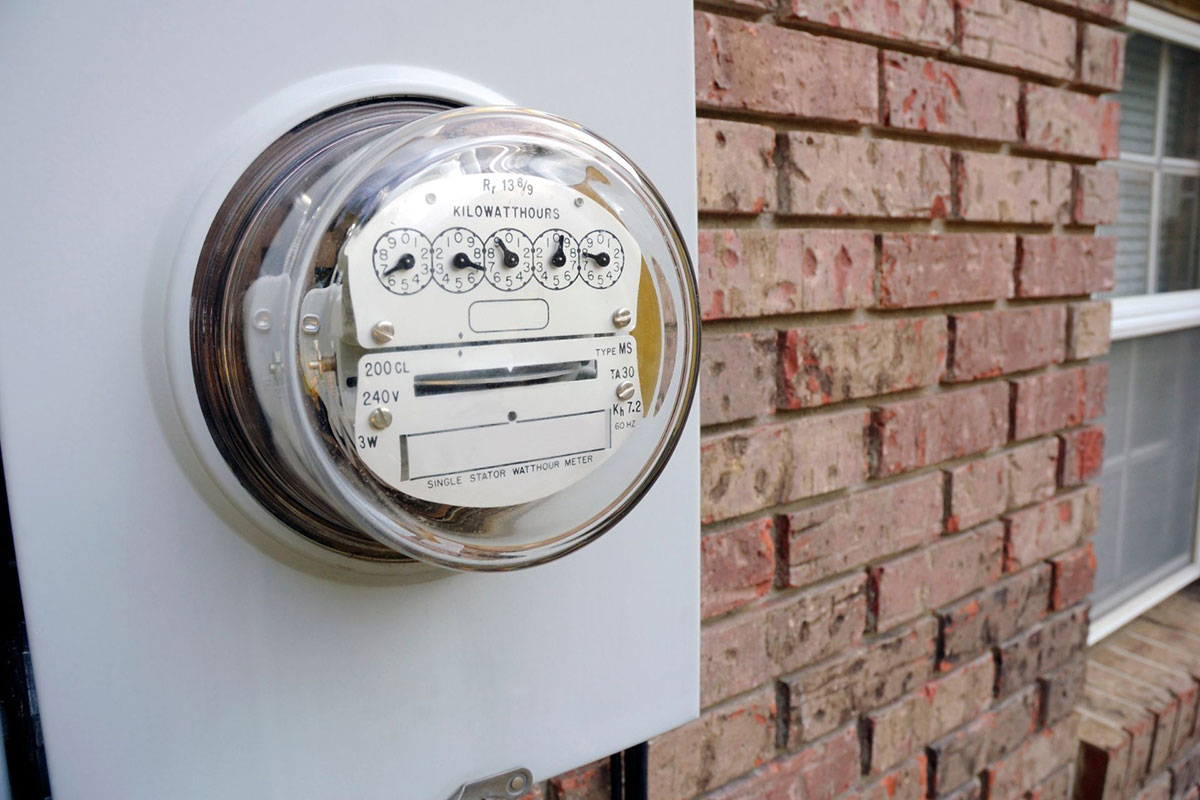Community-driven reporting and responses to energy shutoffs
Community-driven reporting and responses to energy shutoffs
Community-driven reporting and responses to energy shutoffs
Program: Catalyst Grants
Program details » | All Catalyst Grants projects »

Electricity shutoffs represent a pressing sustainability challenge rooted in the overlapping crises of social, economic, and environmental injustice. Losing access to power undermines basic rights, disrupting employment, education, and health—especially in marginalized communities already facing climate-related risks. Affecting millions annually, shutoffs intensify energy insecurity and poverty, saddle households with punitive fees, and block participation in the transition to energy-efficient, climate-resilient living.
In collaboration with the Energy Equity Project (EEP) and the Michigan Environmental Justice Coalition (MEJC), this project confronts the severe consequences of energy shutoffs in Detroit, with a focus on Black and Latinx communities. Although DTE Energy reports some shutoff data, it lacks the local detail needed to fully understand the impacts.
To address this gap, the project team will develop a community-driven data tool to track the frequency, duration, and demographic disparities of shutoffs paired with personal narratives of energy poverty. Detroit residents will co-create the tool through community workshops and a user-centered design session, with multilingual options and simple submission forms to ensure accessibility.
The resulting data will illuminate the geographic distribution of shutoffs alongside their health and financial effects, supporting efforts to reduce disconnections and expand energy assistance. By equipping communities and policymakers with actionable insights, this project aims to strengthen grassroots advocacy, close data gaps, and advance energy justice across Detroit.
Project team: Tony Reames, PI (School for Environment and Sustainability); Marie O’Neill, co-I (School of Public Health); Justin Schott, co-I (School for Environment and Sustainability); Rahul Agrawal Bejarano (Energy Equity Project); Anne Marie Hertl (Michigan Environmental Justice Coalition (MEJC)); Chris Gilmer-Hill (MEJC); Xandr Brown (MEJC); Andrew Kaplowitz (MEJC)